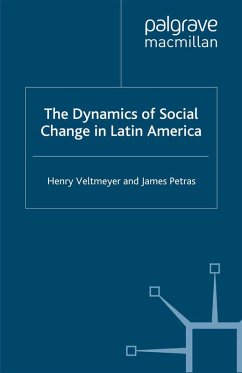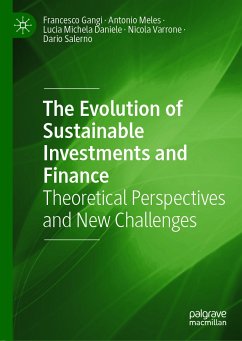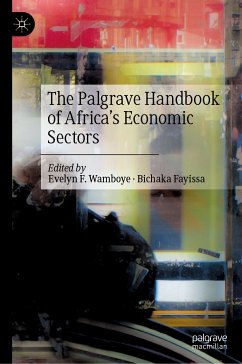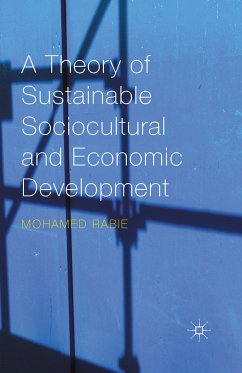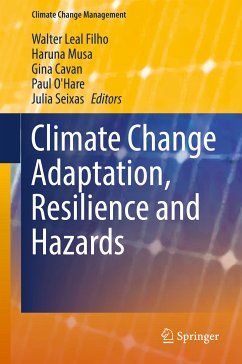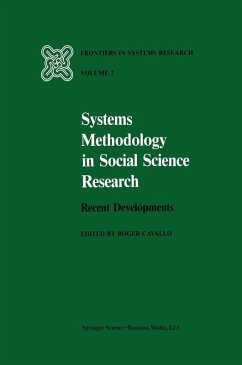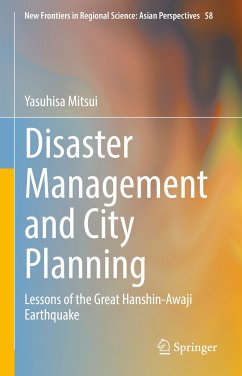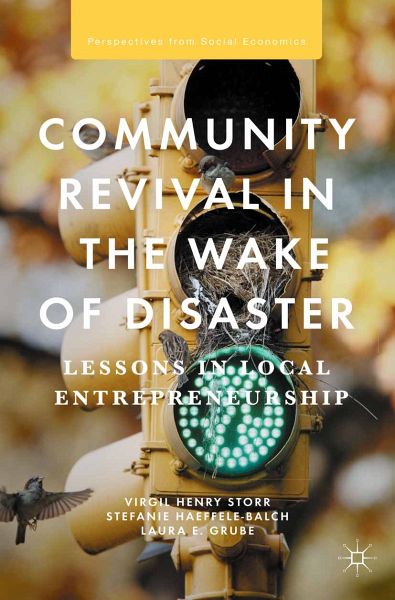
Community Revival in the Wake of Disaster (eBook, PDF)
Lessons in Local Entrepreneurship
Versandkostenfrei!
Sofort per Download lieferbar
80,95 €
inkl. MwSt.
Weitere Ausgaben:

PAYBACK Punkte
40 °P sammeln!
Rebounding after disasters like tsunamis, hurricanes, earthquakes, and floods can be daunting. Communities must have residents who can not only gain access to the resources that they need to rebuild but who can also overcome the collective action problem that characterizes post-disaster relief efforts. Community Revival in the Wake of Disaster argues that entrepreneurs, conceived broadly as individuals who recognize and act on opportunities to promote social change, fill this critical role. Using examples of recovery efforts following Hurricane Katrina in New Orleans, Louisiana, and Hurricane ...
Rebounding after disasters like tsunamis, hurricanes, earthquakes, and floods can be daunting. Communities must have residents who can not only gain access to the resources that they need to rebuild but who can also overcome the collective action problem that characterizes post-disaster relief efforts. Community Revival in the Wake of Disaster argues that entrepreneurs, conceived broadly as individuals who recognize and act on opportunities to promote social change, fill this critical role. Using examples of recovery efforts following Hurricane Katrina in New Orleans, Louisiana, and Hurricane Sandy on the Rockaway Peninsula in New York, the authors demonstrate how entrepreneurs promote community recovery by providing necessary goods and services, restoring and replacing disrupted social networks, and signaling that community rebound is likely and, in fact, underway. They argue that creating space for entrepreneurs to act after disasters is essential for promoting recovery and fosteringresilient communities.
Dieser Download kann aus rechtlichen Gründen nur mit Rechnungsadresse in A, B, BG, CY, CZ, D, DK, EW, E, FIN, F, GR, HR, H, IRL, I, LT, L, LR, M, NL, PL, P, R, S, SLO, SK ausgeliefert werden.



